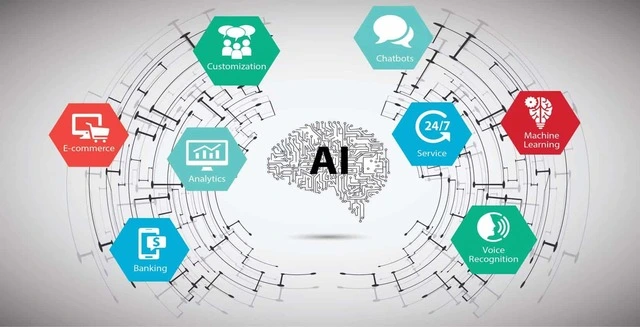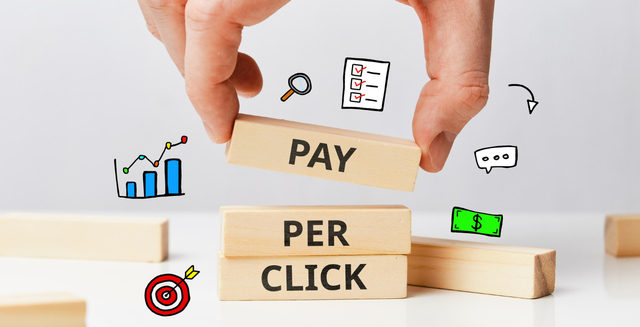
PPC (pay-per-click) marketing is the foundation of digital advertising, providing companies with an effective and fast means of reaching their target market. This tutorial will go deeply into the fundamentals of pay-per-click (PPC) advertising, assisting you in comprehending its function in digital marketing, its workings, and how to design successful PPC campaigns. This book can help you achieve success whether you're new to digital marketing or trying to improve your current tactics.
What is 'PPC' in Digital Marketing?
PPC is essentially an internet advertising approach in which advertisers pay a fee each time a click is made on one of their adverts. In essence, it's a method of purchasing website visitors rather than making an effort to "earn" them naturally. PPC is an essential part of digital marketing since it lets companies show their advertising to people who are actively looking for similar goods or services.
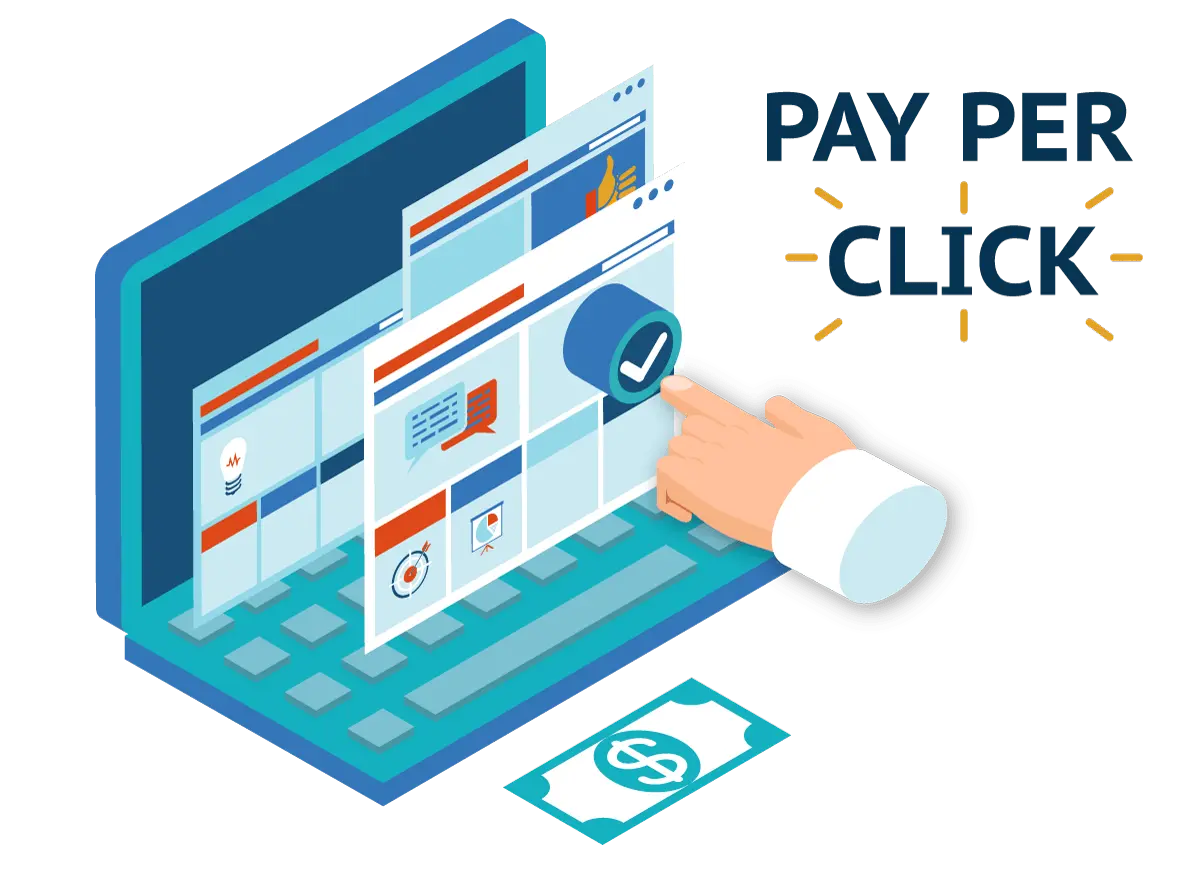
PPC advertisements might show up on different websites, social media networks, and search engines. Search engine advertising, where adverts are displayed on search engine results pages (SERPs), is the most popular type of PPC advertising. These advertisements, denoted by a tiny "Ad" label, can be found at the top or bottom of the search results.
The Difference Between PPC, SEM, and SEO
Understanding PPC in its entirety requires understanding its differences from other digital marketing tactics like SEO and SEM (search engine marketing).
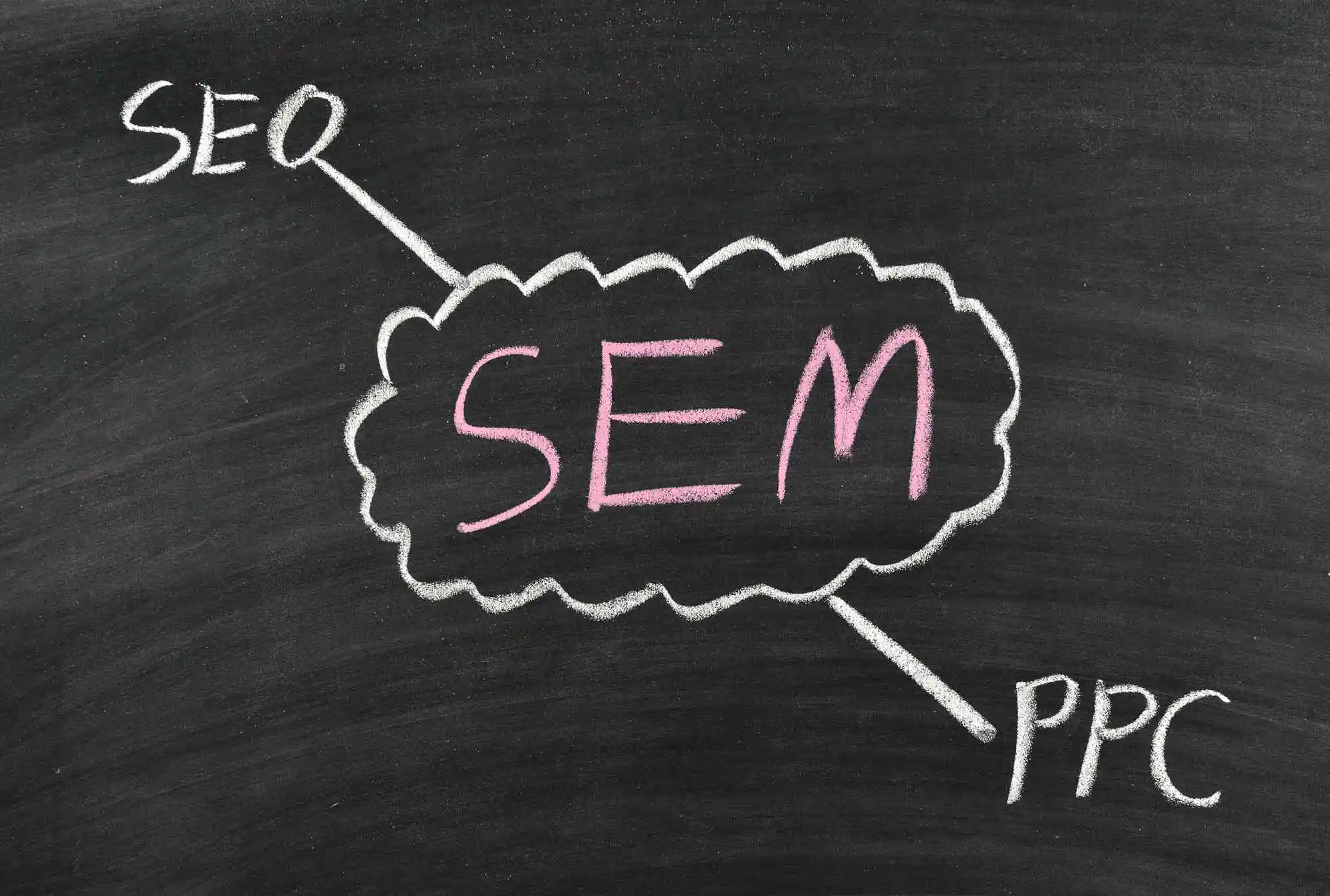
PPC (Pay-Per-Click): PPC, as previously indicated, entails paying for ad clicks. It's a subset of SEM that concentrates on using paid advertisements to bring instant traffic to your website.
SEM (Search Engine Marketing): Paid search (PPC) and organic search (SEO) are both included in SEM. It alludes to the general plan of using both paid and unpaid search engine optimization techniques to increase visibility.
SEO (Search Engine Optimization): The process of improving your website and content to appear higher in natural search results is known as SEO. Paying for clicks is not a part of SEO, in contrast to PPC. Rather, it concentrates on enhancing the authority and relevancy of your website via backlink development, content production, and keyword optimization.
How Does PPC Work?
For campaigns to be successful, you must comprehend how PPC operates. There are multiple crucial steps in the process:
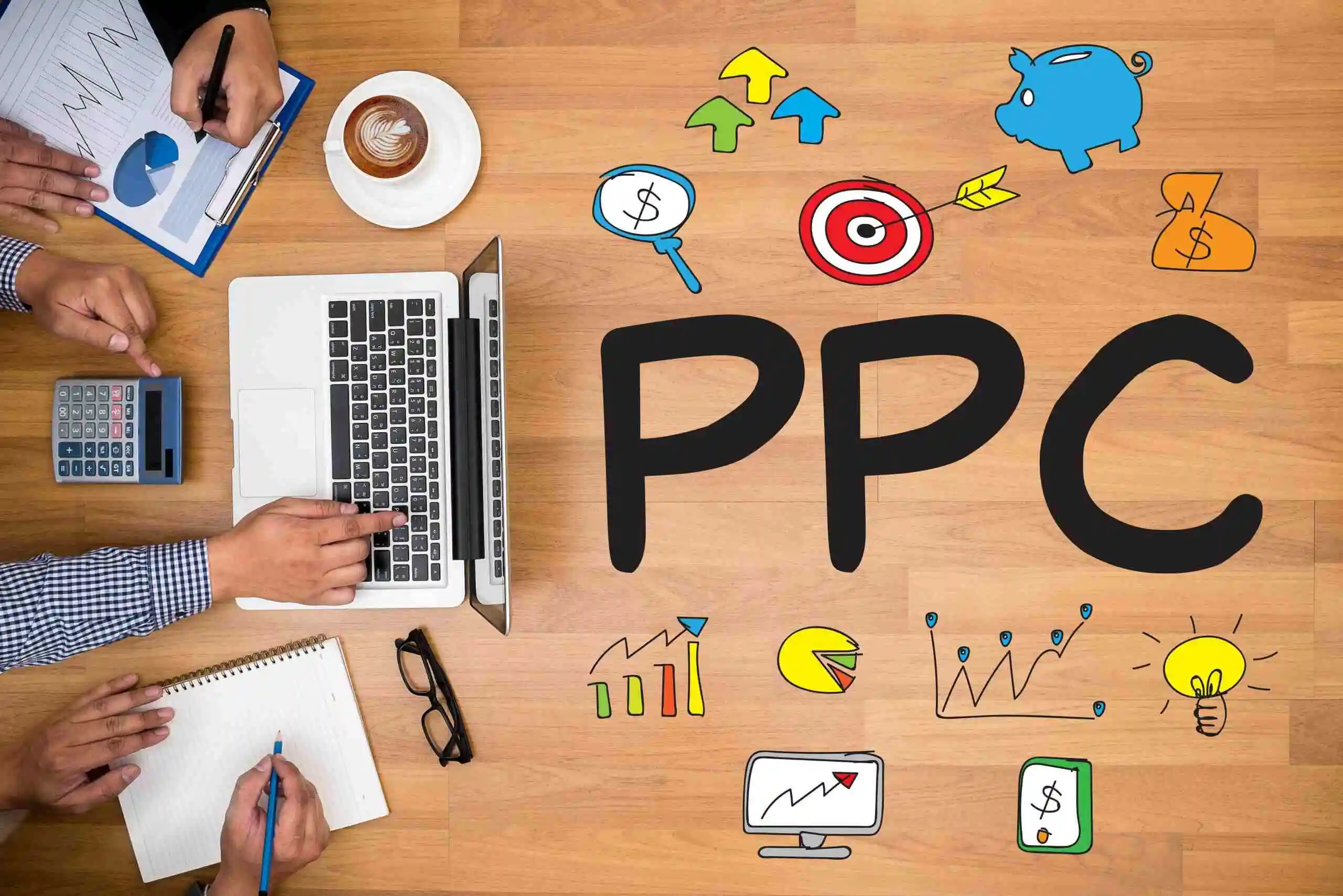
Keyword Research: Determine the pertinent keywords that prospective clients are probably going to employ in their searches for goods or services similar to yours.
Ad Creation: Create enticing advertisements that make people want to click. This entails creating captivating advertisement language and picking visually striking photos or videos.
Bid Management: Establish the maximum price you are prepared to pay for each ad click. It's called your bid here. While placing your ad more prominently, higher bids will also raise your expenses.
Ad Placement: Select the websites, social media networks, and search engines where you would like your advertising to show up.
Campaign Launch: Launch your campaign, then track its effectiveness. Track clicks, impressions, and conversions with analytics tools.
Optimization: Iteratively improve your campaigns by using performance data. To get better results, change your ad creatives, keywords, and bids.
Why PPC is Important
PPC advertising provides companies with several important advantages:

Immediate Results: Unlike SEO, which may take months to provide results, PPC campaigns can nearly immediately increase traffic and lead generation.
Targeted Advertising: PPC enables accurate targeting according to region, demographics, keywords, and even the time of day. This makes sure the proper people see your advertisements when they're needed.
Cost Control: You determine your budget using PPC and only pay when a user clicks on your advertisement. Better budget management is made possible by this control over spending, which also helps to avoid overspending.
Measurable ROI: PPC advertising yields observable and quantifiable outcomes. Your campaign's whole lifecycle can be tracked, from clicks to conversions, enabling precise ROI estimation.
PPC Strategy and Campaign Planning
To optimize the efficacy of your PPC advertisements, a thoughtful approach is crucial:
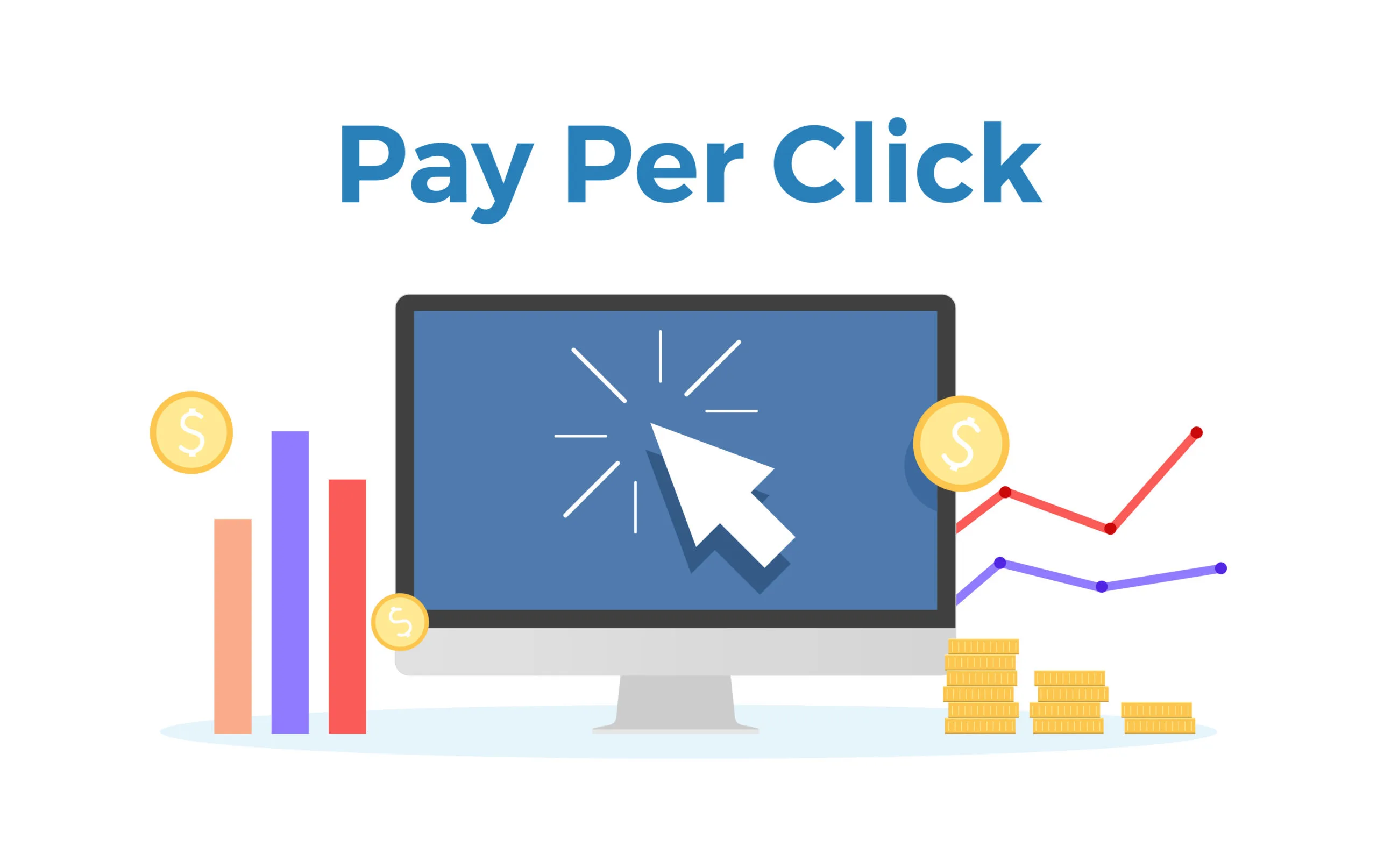
Define Goals: Make sure your PPC efforts are accomplishing your goals, whether they be to increase website traffic, generate leads, or increase sales.
Audience Research: To make your commercials more relevant, be aware of the habits, tastes, and problems of your target audience.
Keyword Strategy: To find high-performing keywords that suit your audience and goals, do in-depth keyword research.
Ad Copy and Design: Create visually stunning creatives and persuasive ad language that connect with your target.
Landing Page Optimization: Make sure your landing pages offer a smooth user experience, and pertinent content, and are geared for conversions.
Budget Allocation: Spend your money sensibly, concentrating on high-performing keywords and ad groups, across many campaigns and ad groups.
Performance Monitoring: Use analytics tools to track the effectiveness of your efforts over time and make data-driven changes to boost performance.
Top PPC Platforms
PPC advertising is available on several platforms, each with special benefits and features:
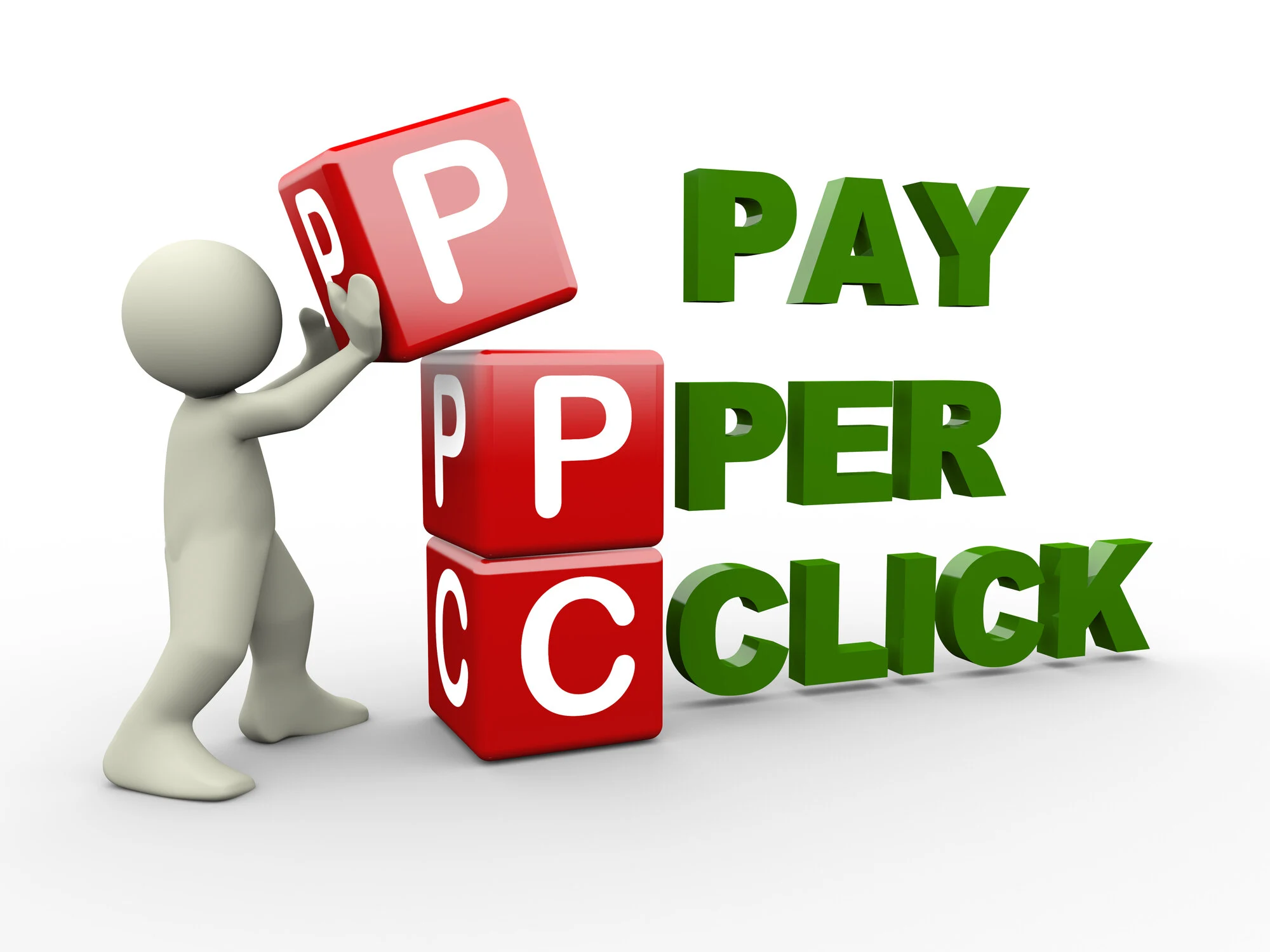
Google Ads: Google Ads, the most widely used PPC platform, lets you run advertisements on YouTube, other Google partner websites, and Google search results.
Microsoft Advertising (formerly Bing Ads): Microsoft Advertising lets you run advertising on Bing, Yahoo, and other connected websites, much like Google advertising.
Facebook Ads: This platform uses user data to target specific demographics with highly focused PPC advertising on Facebook and Instagram.
LinkedIn Ads: LinkedIn Ads are great for B2B marketing because they let you target professionals according to their industry, job title, and firm size.
Twitter Ads: Twitter offers PPC advertising choices that might help you promote your tweets and reach a wider audience.
Types of PPC Ads
PPC advertising is available in a variety of styles, each appropriate for a certain set of marketing goals:
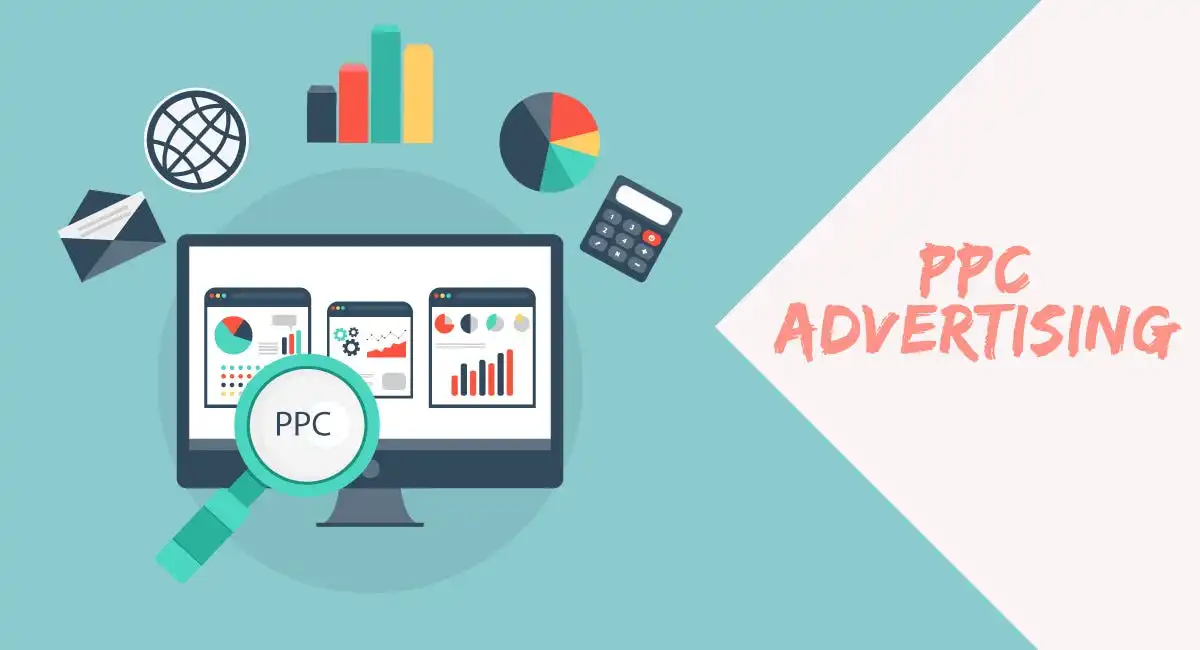
Search Ads: advertisements in text that show up on search engine results pages.
Display Ads: Visual advertisements that show up on websites within other ad networks like the Google Display Network.
Social Media Ads: social networking platform advertisements, such as pictures, videos, carousels, and narrative ads.
Shopping Ads: advertisements for products that provide product details, including prices and descriptions, and that show up on shopping sites and search engines.
Video Ads: video material that is pushed on social media and websites like YouTube.
How to Learn More About PPC
If someone wants to learn more about PPC marketing, there are a lot of resources out there:
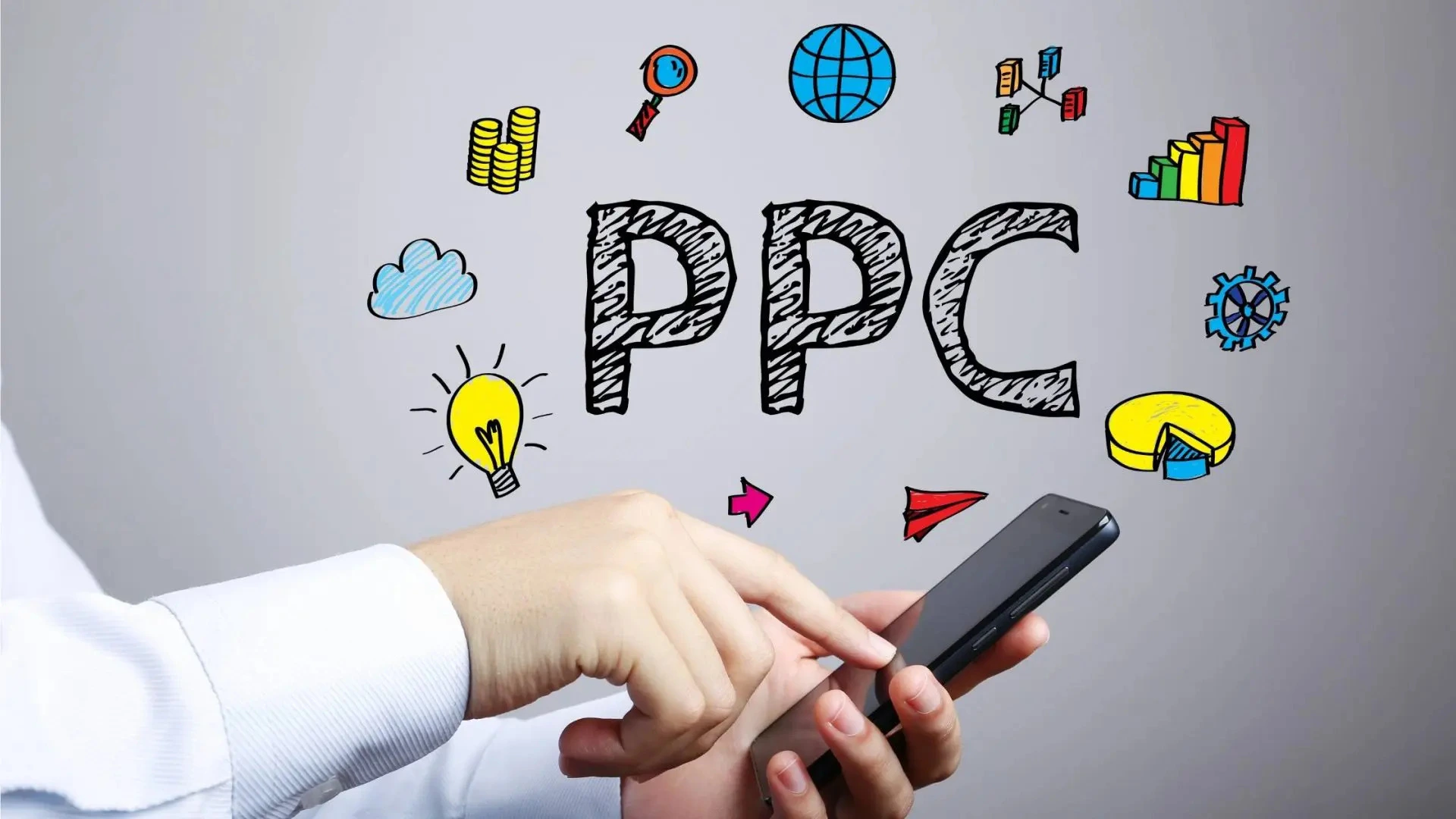
Online Courses: Comprehensive PPC courses are available on platforms such as LinkedIn Learning, Coursera, and Udemy.
Industry Blogs: PPC trends are updated and insightful information may be found on websites such as WordStream, PPC Hero, and Search Engine Journal.
Certifications: Obtaining certifications from Microsoft Advertising and Google Ads can improve your expertise and reputation.
Webinars and Conferences: Join webinars and industry events to network with other marketers and gain knowledge from professionals.
Conclusion
PPC marketing is a potent weapon in the toolbox of digital marketers, enabling companies to effectively and swiftly connect with their target market. Through comprehension of PPC's principles, operations, and campaign development techniques, you can optimize its potential to increase website traffic, lead generation, and revenue. Learning pay-per-click (PPC) advertising can greatly improve your digital marketing approach and yield quantifiable results, regardless of experience level. Try 360 Marketing Tool Blog today to learn more effective tips and technic.
What to read next
